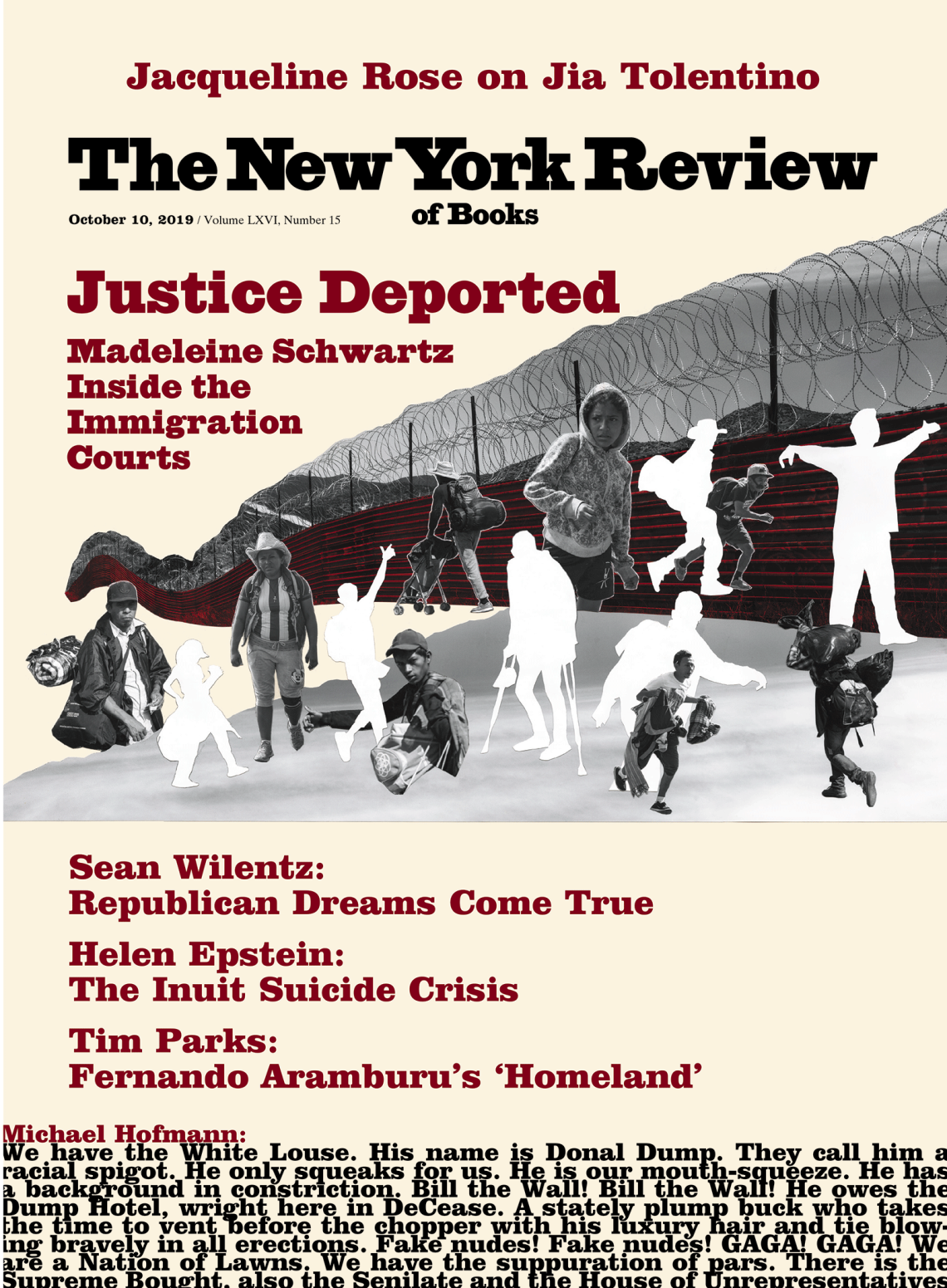To the Editors:
On July 24, 2019, the US Department of Agriculture proposed a rule that would end the policy called “Categorical Eligibility” by which households receiving Temporary Assistance for Needy Families (TANF) are automatically eligible for the Supplemental Nutrition Assistance Program (SNAP). If the rule is finalized, over 3.5 million people will lose food stamps. Nearly three fourths of the households slated to lose benefits live in poverty, and almost half of them include an elderly person.
As medical students we condemn this rule, and we’ve written a petition, endorsed by more than seven hundred medical trainees at over fifty medical schools and residency programs, to broadcast our opposition.
The rule is a blatant attack on poor people. It would be detrimental to the health and well-being of our patients and communities, and would further exacerbate existing health disparities along class lines by forcing millions into food insecurity.
Food insecurity increases the risk of high blood pressure and hyperlipidemia—themselves among the most important risk factors for cardiovascular disease, the leading cause of death in the US. It also raises the risk of asthma among children and restricts the activities of daily living of the elderly. It threatens life and autonomy.
Nobody should have to forgo medical care or food because they can’t afford it. In eroding food security by cutting access to SNAP, the USDA will not only undermine patients’ health but increase their medical bills: a 2017 paper found that SNAP participation decreased annual medical expenditures by $1,400 per low-income adult. Ballooning medical expenses stemming from food insecurity would likely eclipse the $9.3 billion that the rule would purportedly save over the next five years by cutting SNAP.
Whether they speak the language of human rights, class solidarity, or fiscal responsibility, we hope that your readers will voice their opposition to this catastrophic rule before September 23, when the public comment period ends, at www.regulations.gov.
Tobias Kirchwey, Fatima Warsame, Pranav Sharma, and Kiara Corcoran
Ruiz Alpert Medical School, Brown University
Providence, Rhode Island


